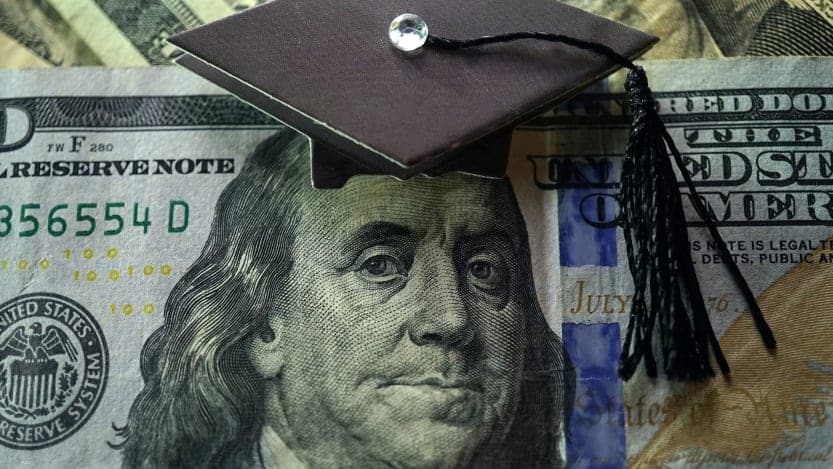Your grandkids will probably say they’d like a toy or bicycle this holiday season, but their adult selves might prefer a financial gift with a long-term payoff. What’s the best way to do that? “The answer depends on what you want those funds to be used for,” says Todd Soltow, co-founder and retirement planner at Frontier Wealth Management in Houston.
Cold hard cash is always an option but hardly one that pays off long term, particularly when interest rates are too meager to keep pace with inflation. Because of the temptation to spend it, cash also makes it difficult to teach the next generation good financial habits. “Young people need to learn the value of a dollar, and that comes from earning it,” says Wilson Coffman, president of Coffman Retirement Group in Huntsville, Ala. “If you just hand it to them, that defeats the purpose.”
Taking into account usefulness, potential returns and taxes, here are five better financial gifts to give.
College Savings Plans
The average cost to attend an in-state public university was $26,820 last year while private universities averaged $54,880, according to The College Board. Any contributions, like those to a 529 college savings plan, will certainly be appreciated. Investments in the account grow tax-free, and all the money stays tax-free if it’s spent for college. You can contibute up to $15,000 per year per grandchild or even prepay five years — $75,000 — at once. The gift amounts double for married couples.
Another college savings plan — a Coverdell ESA — lets you spend the money on primary and secondary schools, too. The catch? The gift can only be $2,000 per year per grandchild, and to contribute, your adjusted gross income can’t exceed $110,000 per year if you’re single or $220,000 if you’re married.
These accounts are meant for educational spending. If your grandchild doesn’t go to college, the balance can be transferred to another family member. Otherwise, withdrawals of investment gains not used for education are taxed as income and hit with a 10% penalty.
Roth IRA
Carlos Dias, founder of Dias Wealth in Orlando, Fla., says a Roth IRA is a great gift for a grandchild with earned income from a job, such as a paper route or babysitting. You can give up to the amount the child earns per year, subject to the annual IRA limit ($6,000 for 2021). “If you can kick-start your grandchild’s retirement now, they’ll have their whole life to see that money grow.”
Custodial Investment Account
These accounts are a good way to teach a newcomer to invest. Although the investment is in your grandchild’s name, you control the custodial account until your grandchild turns 18 or 21, depending on your state. In 2021, the first $1,100 of the child’s investment gains are free of tax and don’t need to be reported. The next $1,100 of gains are taxed at the child’s marginal tax rate and require filing a return. As the account custodian, you are responsible for taxes on any gains over $2,200 at your marginal income tax rate, not the lower rate for capital gains.
Municipal Bonds
Soltow prefers municipal bonds to the classic financial gift of EE savings bonds. Not only are interest rates higher for muni bonds, but payments are free of federal income tax and, in some cases, state and local taxes, too. Be sure to look for creditworthy bond issuers. Investment-grade bonds should be at least BBB, with AAA the safest rating.
Gold
Collectibles like gold coins might catch your grandchild’s eye, but Dias warns: “My Dad was big into buying collectibles like rare coins. A lot of them turned out to only be worth what he paid for or less.” Plus, the capital gains tax rate on collectibles is 28%; the highest rate for long-term gains on other investments is 20%.
A better option: Buy your grandchildren gold exchange-traded funds or stocks in gold-mining companies to avoid the higher taxes of physical collectibles.

